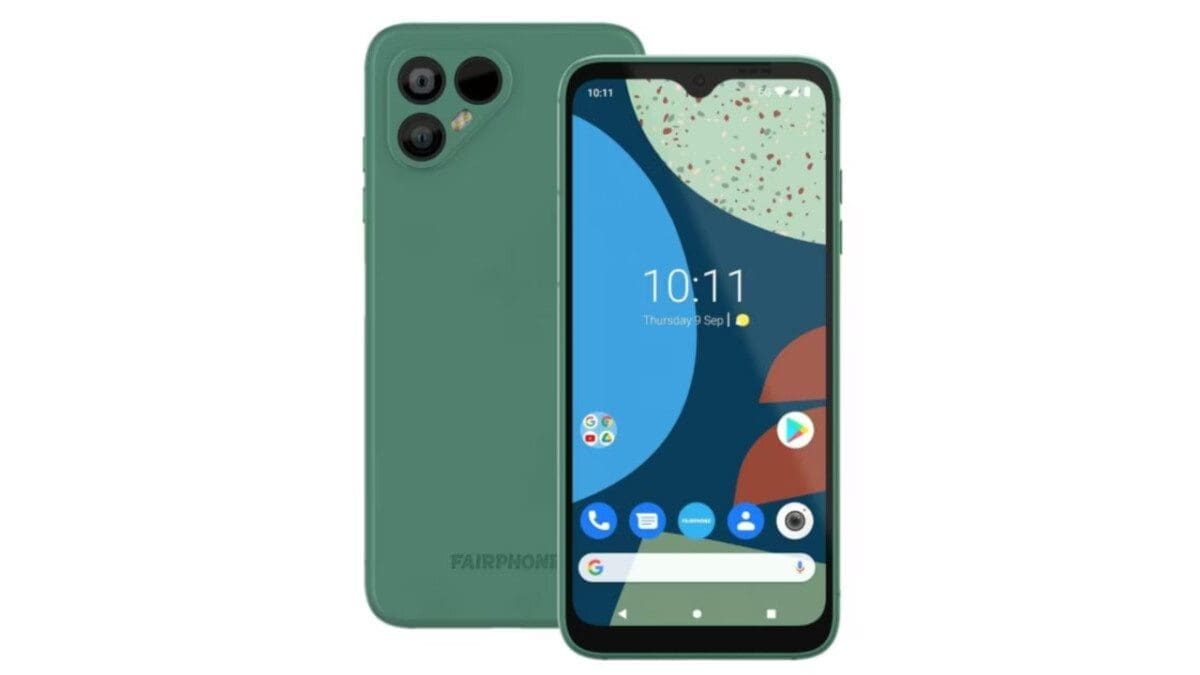At this year’s Google I/O developer conference, the spotlight was on AI. Google unveiled a range of AI features and functionalities that are set to revolutionize how we interact with technology. Here are some key highlights from the event:
– Circle to Search: Google introduced new ways to use Circle to Search, making it easier and more intuitive for users to find information.
– Gemini integration with Google Maps: The integration of Gemini with Google Maps promises a seamless navigation experience, leveraging AI technology.
– Project Astra: Google provided a glimpse into the future with Project Astra, exploring the vast potential of AI in shaping our digital landscape.
But that’s not all – Google also made waves with its announcement about Project Gameface. Originally launched as an open-source gaming “mouse” alternative, Project Gameface is now making its way to Android devices.
Powered by Android’s accessibility service, Google’s MediaPipe framework, and the device’s selfie camera, Project Gameface allows users to control their devices through facial expressions. Users can move the cursor by simply opening their mouths or raising their eyebrows, giving them hands-free control over their Android devices.
Key features of Project Gameface include:
– Support for up to 52 gestures
– Customizable gestures
– Ability to adjust gesture size for triggering actions
Google developed Project Gameface for Android with three core principles in mind:
1. Empower individuals with disabilities by providing an alternative method of interaction.
2. Create a cost-effective solution accessible to a wide audience.
3. Ensure user-friendliness and customization based on insights from the initial launch.
Currently available exclusively to developers, it is up to them whether they choose to integrate this feature into mobile games on Android. With its potential to enhance accessibility across the platform, we hope to see widespread adoption of Project Gameface in the near future. Stay tuned for more updates on this exciting development!









